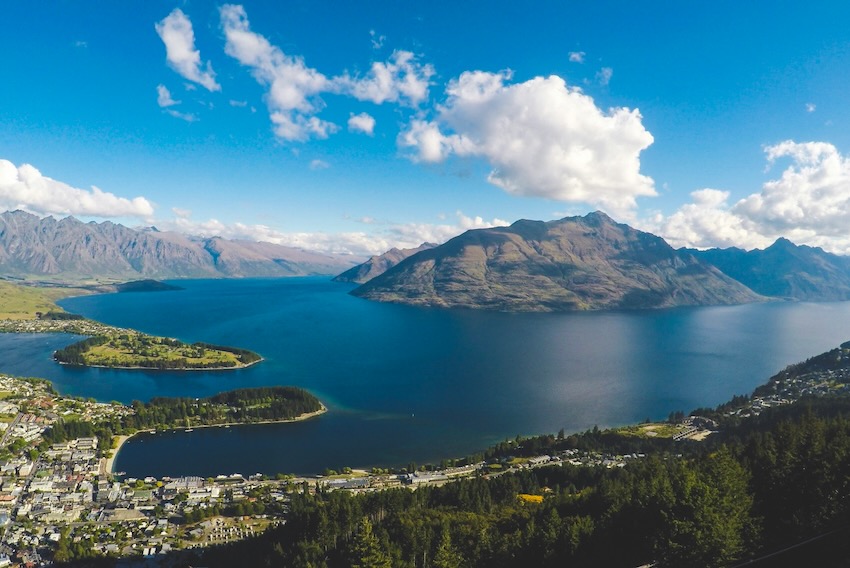
UK: The Travel Foundation has welcomed six destinations to trial a new method to identify climate risk in tourism, and calls for other destinations and businesses to get involved.
The Climate RiskScan project is a collaboration with researchers from CELTH, a collective of Dutch universities, and risk and resilience scientists from Risklayer in Germany.
The project is pioneering new approaches to help destinations and tourism businesses identify, prioritise and respond to growing climate risks.
Climate RiskScan will cover physical risks, such as damage from extreme weather, transition risks, such as reputation damage and policy shifts and systemic risks, such as rising insurance costs.
An online tool to access climate risk profiles is also being developed with UX and AI specialists at Holiday Extras while another tool, featuring scenario planning and gamification, will help destination stakeholders explore policy options and trade-offs for managing climate risks.
The methodology will generate risk profiles for every tourism destination worldwide and insights from six pilot locations, representing both winter and island tourism, will help with these profiles.
The winter destinations are Colorado, USA (Colorado Tourism Office), The Dolomites, Italy (Skirama Dolomiti) and Queenstown, New Zealand (Destination Queenstown).
The island destinations are The Canary Islands, Spain (Canary Islands Tourism), The Cook Islands (Cook Islands Tourism Corporation) and Koh Samui, Thailand (TOGETHER NZT Project, PMUC, TSRI and Marine Biodiversity Research Group, Ramkhamhaeng University).
Other destinations and tourism businesses can become sponsors – for example a £5,000 sponsorship will give an opportunity to connect with a global network of peers, access leading climate experts and research, and contribute perspectives to the final report.
Jeremy Sampson, CEO of the Travel Foundation, said: “This project marks an important step forward in helping tourism destinations and companies understand the business case for action on climate.
“By working directly with destinations that represent key tourism typologies, we are building the tools and insights the sector needs to prepare for the future and mobilise resources for economic resilience. Collaboration with the scientific community and local partners to apply robust methodologies to the destination management context is crucial to this effort.”
Harald Buijtendijk, senior researcher at Breda University of Applied Sciences, added: “Our goal is to turn climate science into practical guidance that destinations can act upon. Our partnership with the Travel Foundation ensures that this research will have real-world relevance and impact across the tourism sector.”
The Centre for Expertise Leisure, Tourism and Hospitality (CELTH) has co-funded the project and brought together an expert team from Breda University of Applied Sciences, European Tourism Futures Institute at NHL Stenden University of Applied Sciences, and Wageningen University & Research.
Key findings will be released in time for the COP30 climate summit in Brazil this November.
Photo: Queenstown New Zealand, by Ömer Faruk Bekdemir on Unsplash
The Travel Foundation announces partnerships and calls for action as it celebrates 20 years

